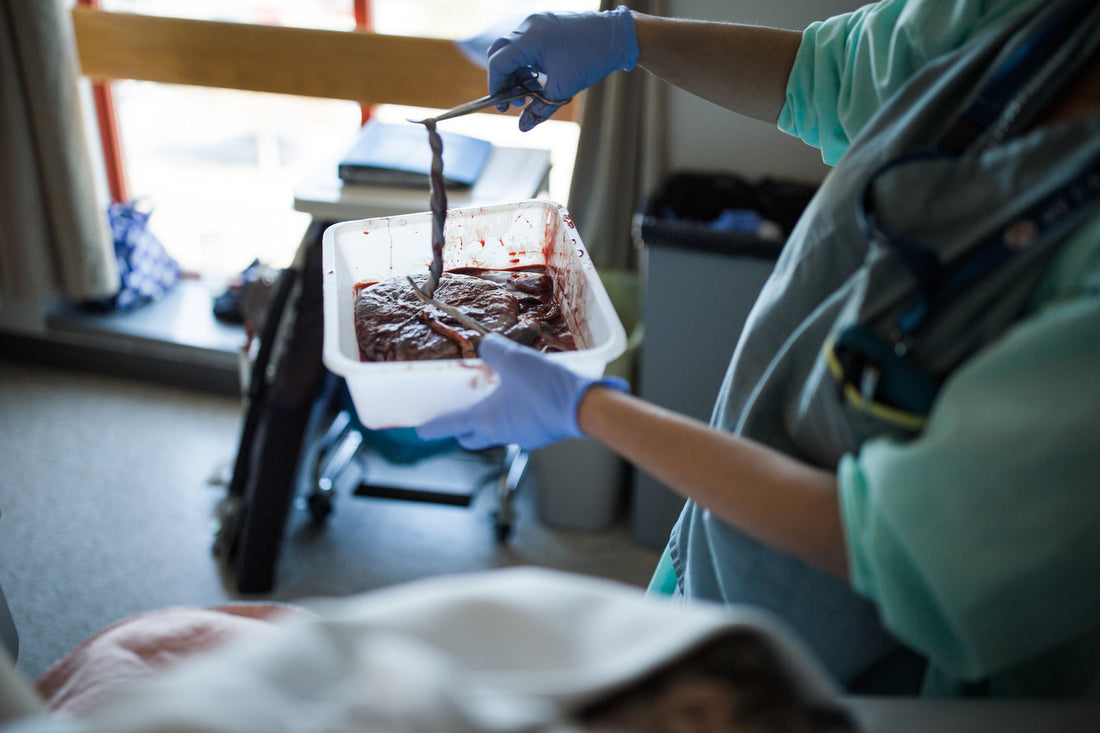Placenta encapsulation—the process of dehydrating, grinding, and placing the placenta into capsules for postpartum consumption—has grown in popularity over the past two decades. Rooted in traditional Chinese medicine and recently adopted by wellness culture in the West, the practice is often praised for its alleged benefits to postpartum recovery, including increased energy, improved mood, and enhanced milk supply. However, medical communities have raised concerns about the safety and efficacy of this practice. It is important to present a balanced view of placenta encapsulation by examining both anecdotal claims and current evidence-based findings.
Mood Stabilization and Lower Risk of Postpartum Depression
One of the most widely shared reasons for placenta encapsulation is its potential to reduce symptoms of postpartum depression or mood swings. Many parents report feeling more emotionally balanced and less prone to the “baby blues” when taking placenta pills. Some mothers describe their capsules as a natural mood stabilizer, helping them feel less anxious and more energized during a time of major hormonal change.
While these reports are anecdotal, they are supported by testimonials from both parents and birth workers who witness the postpartum period firsthand. Some doulas and midwives include encapsulation in their holistic postpartum care plans because they’ve observed positive emotional outcomes in clients who choose this option.
Perceived Increase in Energy and Milk Supply
Another commonly cited benefit is an increase in energy and stamina. Parents often describe being able to “get through the day” with more resilience while taking placenta capsules. Similarly, some believe that encapsulation supports milk production. Though direct studies are lacking, anecdotal evidence suggests that some parents notice an improvement in their supply or letdown after consistent use of the capsules.
Connection to the Birth Experience
For many, placenta encapsulation is about honoring the body and reclaiming a part of the birth process. This emotional and symbolic connection can provide a sense of empowerment and closure. In holistic and traditional medicine systems—such as Traditional Chinese Medicine—the placenta is seen as a life-giving organ worthy of reverence and reintegration.
What the Evidence and Experts Say
Lack of Scientific Evidence
Despite widespread testimonials, there is little peer-reviewed evidence to support claims of hormonal or nutritional benefits from placenta encapsulation. A 2017 study published in Women and Birth found no significant differences in postpartum depression scores between women who took placenta capsules and those who took a placebo. Similarly, a 2020 review in Archives of Women's Mental Health concluded that more rigorous research is needed to validate the psychological and physical benefits of placenta consumption.
The placenta does contain hormones such as estrogen and progesterone, as well as trace nutrients like iron, but whether these compounds remain biologically active after the encapsulation process is still under question.
Safety Concerns and Risk of Infection
The Centers for Disease Control and Prevention (CDC) issued a warning in 2017 after a case in Oregon where a newborn developed a Group B Streptococcus infection, possibly linked to placenta capsules consumed by the mother. The placenta had not been adequately sterilized, allowing bacteria to survive the encapsulation process.
Because encapsulation is not regulated by the Food and Drug Administration (FDA), the safety standards vary widely across providers. Without strict protocols, there is a risk of contamination with bacteria, viruses, or heavy metals. For parents who test positive for certain infections during pregnancy—such as Hepatitis B or GBS—the risks may outweigh any potential benefits.
Hormonal Variability
The hormonal content of placental tissue varies not only from person to person but also by how the placenta is processed. Methods such as steaming or raw dehydration can alter or destroy potential hormones or micronutrients. Additionally, the dosage is not standardized, so it's unclear how much of a given hormone or nutrient a person is actually ingesting. This makes it difficult to study the physiological effects of encapsulation and to offer consistent recommendations.
Middle Ground: Considerations and Informed Choice
Despite the lack of clinical consensus, many birth workers support encapsulation as a complementary therapy—not a cure-all. Some encapsulation specialists follow strict protocols, including using food-safe preparation areas, dehydrating at high enough temperatures, and requiring health screenings to reduce risk. These practices can mitigate many of the concerns outlined in medical literature.
From a client-centered perspective, the importance of honoring individual postpartum needs is paramount. Parents who feel emotionally bolstered, symbolically grounded, or physically nourished by the experience of encapsulation often describe it as a powerful tool in their recovery—even if clinical outcomes are inconclusive.
For those considering encapsulation, asking detailed questions about the provider’s safety procedures, infection control methods, and storage guidelines is key. Additionally, it’s wise to consult with a healthcare provider if there are underlying health conditions (placenta infections, presence of bloodborne pathogens) or if the baby has signs of illness postpartum.
Conclusion
Placenta encapsulation is a deeply personal decision, shaped by cultural beliefs, emotional needs, and individual health goals. While scientific studies have yet to confirm many of the touted benefits, anecdotal evidence from parents and birth workers highlights its perceived value. At the same time, the practice is not without risks—particularly when safety protocols are not followed.
Ultimately, the choice to encapsulate should be made with full awareness of both the potential pros and cons, allowing families to decide what’s right for their unique postpartum journey. Respect for autonomy, clear communication, and access to safe, informed services are essential components of that decision.

